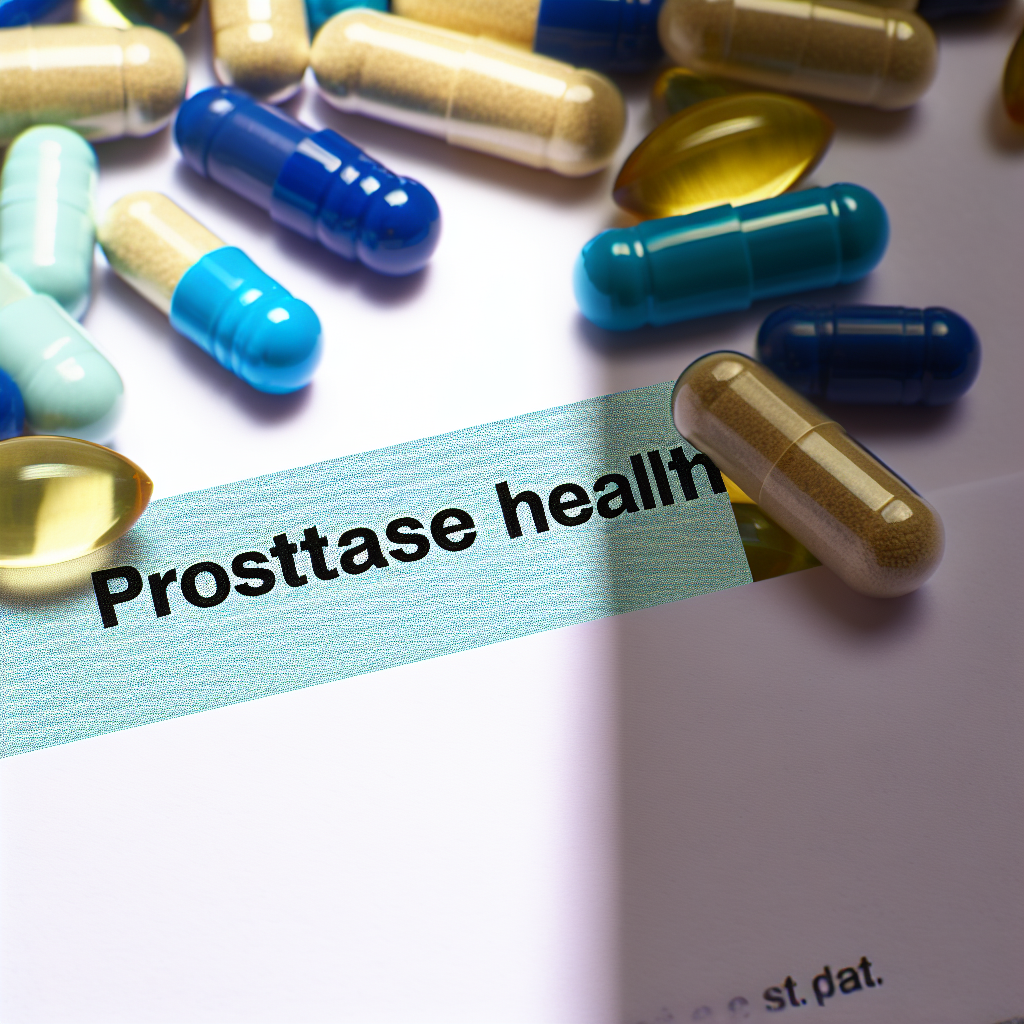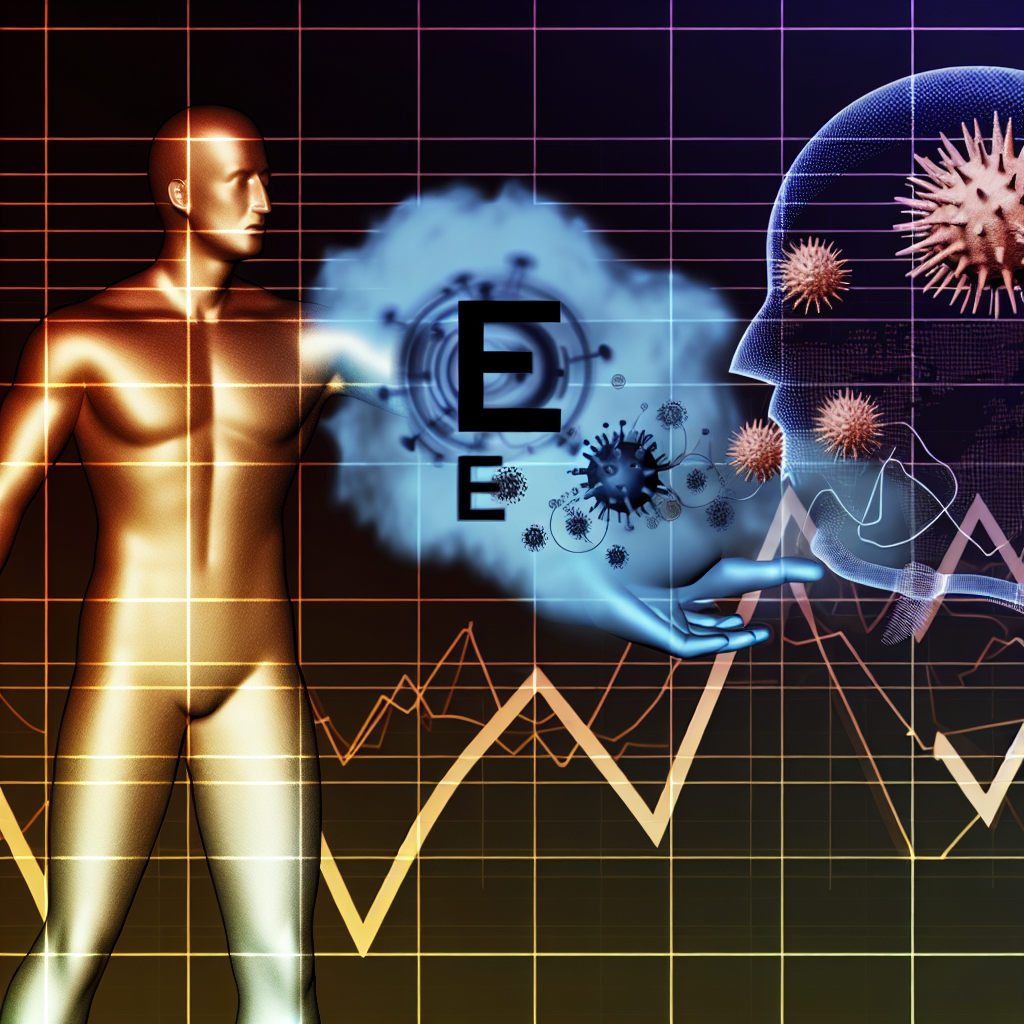Stress Impact on Male Sexual Performance
Introduction
Stress is an unavoidable part of life, influencing nearly every aspect of health and well-being. For men, chronic stress can have particularly profound effects on sexual performance, leading to issues such as erectile dysfunction (ED), reduced libido, and premature ejaculation. While most people recognize stress as a mental or emotional challenge, few fully understand the physiological toll it takes on the body, especially regarding sexual health.
Sexual performance is a complex interplay of psychological and physical factors. When men experience stress, their bodies undergo hormonal changes that can interfere with normal sexual functioning. The primary stress hormone, cortisol, increases during times of distress, disrupting testosterone production, a key hormone for male sexual health. Over time, chronic stress can lead to a cascade of physiological disruptions, including poor blood circulation, decreased nerve sensitivity, and heightened anxiety—all of which can negatively impact sexual function.
Additionally, stress cultivates habits that further damage sexual health. Poor sleep, unhealthy eating, lack of exercise, and substance use (such as alcohol or tobacco) often accompany high-stress lifestyles. These behaviors contribute to cardiovascular conditions, obesity, and diabetes, all of which are linked to sexual dysfunction. Psychological concerns such as performance anxiety also arise when men internalize stress, leading to self-doubt and avoidance of intimacy.
Younger men—teenagers and those in their early adult years—may experience stress-related sexual performance issues due to pressures from academic performance, career-building, and social expectations. Middle-aged individuals often struggle with work-life balance, financial burdens, and family responsibilities, all of which contribute to ongoing stress. For older men, concerns about aging, health conditions, and decreased physical energy create additional tension, further compounding the effects on sexual performance.
Understanding how stress influences male sexual function is critical for both prevention and treatment. By addressing stress through healthy coping mechanisms, lifestyle changes, and medical intervention when necessary, men of all ages can work to maintain a satisfying and confident sex life. In the sections below, we explore scientific studies and medical perspectives on this important issue.
The Scientific Connection Between Stress and Sexual Dysfunction
Several medical and psychological studies over the years have validated the strong relationship between stress and male sexual performance. Research points to stress as a major contributor to erectile dysfunction, decreased libido, and other sexual health concerns.
Stress and Erectile Dysfunction: What Science Says
A 2020 study published in the Journal of Sexual Medicine examined the relationship between stress and erectile dysfunction. The findings revealed that men experiencing high levels of psychological stress had a 2.6-times higher likelihood of developing ED compared to men with lower stress levels. Chronic stress not only worsened erectile difficulties but also contributed to performance anxiety, further exacerbating the issue ([Shamloul & Ghanem, 2020](https://pubmed.ncbi.nlm.nih.gov/32057661/)).
The Link Between Stress Hormones and Low Testosterone
Another prominent study in the Journal of Psychosomatic Research (2018) linked stress-related hormonal changes to reduced testosterone levels. Testosterone, the key hormone responsible for male libido and sexual function, significantly declines in individuals under prolonged stress. Lowered testosterone levels translate to reduced sexual desire, difficulty achieving an erection, and an overall decline in sexual satisfaction ([Chrousos, 2018](https://pubmed.ncbi.nlm.nih.gov/29627335/)).
Stress and Premature Ejaculation: A Hidden Culprit
Furthermore, stress has been consistently associated with premature ejaculation, a common sexual dysfunction where ejaculation occurs sooner than desired. According to a study published in Andrologia (2019), stress triggers hyperactivation of the sympathetic nervous system, which accelerates arousal and ejaculation. The findings support the notion that men with chronic stress are more likely to experience difficulties with ejaculatory control ([Zhao et al., 2019](https://pubmed.ncbi.nlm.nih.gov/31264371/)).
Performance Anxiety: The Psychological Side of Stress
From a psychological standpoint, cognitive-behavioral studies have demonstrated the impact of performance anxiety and stress-related avoidance patterns. Research conducted by the American Psychological Association (APA) found that men who experience persistent stress often develop a fear of sexual failure, leading to avoidance behaviors and relationship strain ([APA, 2020](https://www.apa.org/news/press/releases/stress)).
Notably, stress does not manifest the same way in all men. Some individuals may experience a gradual decline in sexual interest, while others may develop acute and sudden performance issues. Understanding the physiological and psychological mechanisms behind stress-induced sexual dysfunction is essential in addressing these challenges effectively.
Overcoming Stress for Better Sexual Health
While stress can have a detrimental impact on male sexual performance, there are effective ways to combat its effects. By incorporating healthy lifestyle habits, stress management techniques, and professional support, men can restore confidence in their sexual health.
Exercise: A Natural Stress Reliever
Regular physical activity has been proven to lower cortisol levels while boosting testosterone production. Strength training, cardio, and yoga can all aid in reducing stress and improving overall well-being.
Prioritizing Sleep for Better Sexual Function
Inadequate sleep heightens stress levels and negatively impacts testosterone production. Establishing a consistent sleep routine and practicing good sleep hygiene can enhance libido and erectile function.
Mindfulness and Stress Reduction Techniques
Practicing meditation, deep breathing exercises, and mindfulness-based stress reduction (MBSR) can help manage anxiety, lower distress, and create a more positive outlook on sexual experiences.
Healthy Eating for Optimal Sexual Health
A balanced diet rich in lean proteins, healthy fats, antioxidants, and vitamins contributes to better blood flow, hormone balance, and overall sexual function. Avoiding excessive consumption of processed foods, alcohol, and nicotine is also critical.
Professional Help: Therapy, Medication, and Medical Evaluation
In cases where stress-related sexual dysfunction persists, seeking medical advice from a healthcare provider is essential. Options like counseling, hormone therapy, prescription medication (such as ED treatments), or cognitive behavioral therapy (CBT) can provide effective solutions tailored to individual needs.
Conclusion
Stress is a significant yet often overlooked factor in male sexual health. Whether due to hormonal imbalances, psychological stressors, or unhealthy lifestyle choices, chronic stress disrupts sexual function in various ways. From reducing testosterone levels to increasing anxiety and impairing erectile function, the effects of stress on male sexual performance are well-documented in scientific literature.
Thankfully, stress-related sexual dysfunction does not have to be permanent. By actively managing stress through lifestyle adjustments, mindfulness techniques, and medical support, men can maintain a fulfilling and confident sex life at any age.
Understanding the connection between stress and sexual performance is the first step toward personal well-being and improved intimate relationships. Take control of your health, reduce stress, and restore confidence in your sexual performance.
Summary: Stress can have a significant impact on male sexual performance, leading to issues like erectile dysfunction, reduced libido, and premature ejaculation. The scientific evidence shows a strong connection between stress hormones, performance anxiety, and sexual dysfunction. However, there are effective ways to overcome the effects of stress, such as exercise, sleep optimization, mindfulness practices, and seeking professional help when needed. By addressing stress through healthy lifestyle changes and interventions, men can restore confidence and maintain a satisfying sex life.
References:
– [Shamloul & Ghanem, 2020](https://pubmed.ncbi.nlm.nih.gov/32057661/)
– [Chrousos, 2018](https://pubmed.ncbi.nlm.nih.gov/29627335/)
– [Zhao et al., 2019](https://pubmed.ncbi.nlm.nih.gov/31264371/)
– [APA, 2020](https://www.apa.org/news/press/releases/stress)

Dominic E. is a passionate filmmaker navigating the exciting intersection of art and science. By day, he delves into the complexities of the human body as a full-time medical writer, meticulously translating intricate medical concepts into accessible and engaging narratives. By night, he explores the boundless realm of cinematic storytelling, crafting narratives that evoke emotion and challenge perspectives. Film Student and Full-time Medical Writer for ContentVendor.com




